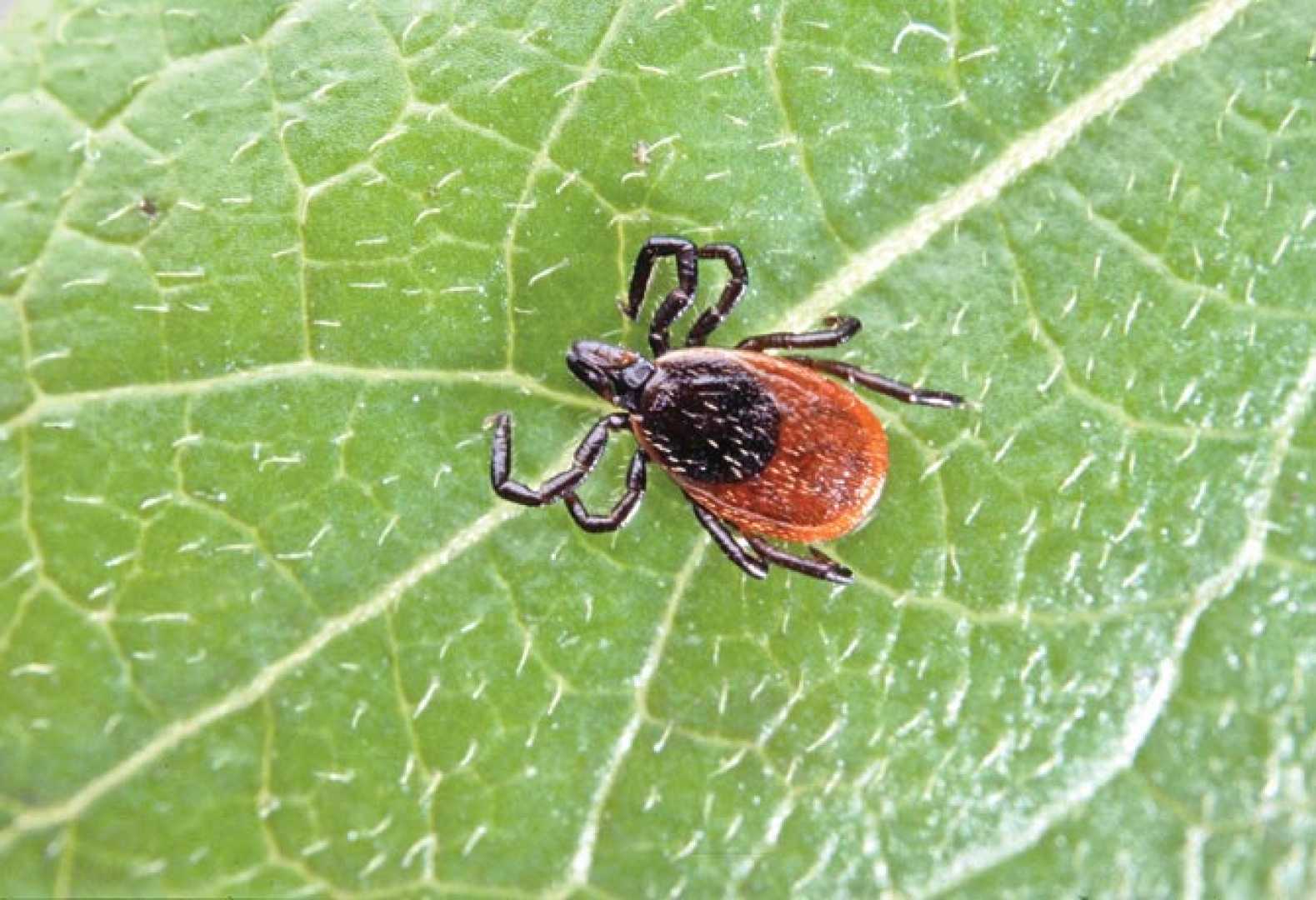Health
Investigation Launched into Powassan Virus on Martha’s Vineyard

Martha's Vineyard, MA — Health officials are investigating a case of Powassan virus in a newborn on Martha’s Vineyard. The baby girl, Lilly Sisco, is currently receiving care at Massachusetts General Hospital after showing symptoms including seizures and fever. Her mother, Tiffany Sisco, reported finding a tick on Lilly’s ankle after a walk on West Tisbury’s bike path.
Powassan virus is a rare but serious disease transmitted by the bite of infected deer ticks, which can infect humans within just 15 minutes of attachment. This condition has seen only one confirmed case on the island in the last two decades and three cases reported elsewhere in Massachusetts this year. According to the Centers for Disease Control and Prevention, severe cases can lead to brain swelling, seizures, and neurological complications.
Dr. Sam Telford, a professor at Tufts University, emphasized the rarity of severe disease due to the Powassan virus. Testing indicates that between 1% and 2% of deer ticks on Martha’s Vineyard carry the virus. Telford has been involved in research alongside the Martha’s Vineyard Tick Program, which has been investigating tick populations since 2021.
“Many people exposed to the virus may fight it off without ever knowing they were infected,” Telford noted. Health officials stress the importance of preventions, especially as the summer season encourages outdoor activities and increases tick encounters.
Lea Hamner, an epidemiologist for Dukes County, pointed out that preventing tick bites is essential, recommending the use of EPA-approved repellents and wearing protective clothing. She highlighted that tick bite prevention should be a year-round habit.
The Sisco family is currently awaiting definitive test results to confirm whether Lilly indeed has contracted the virus. Tiffany expressed her shock at how a simple outing could lead to such a critical situation for her daughter. They hope to bring Lilly home soon, but remain cautious and follow medical advice cautiously.












